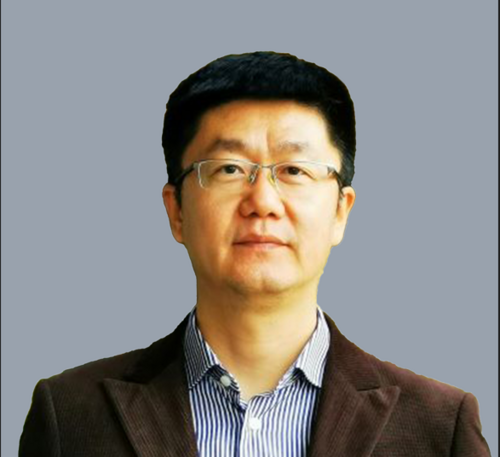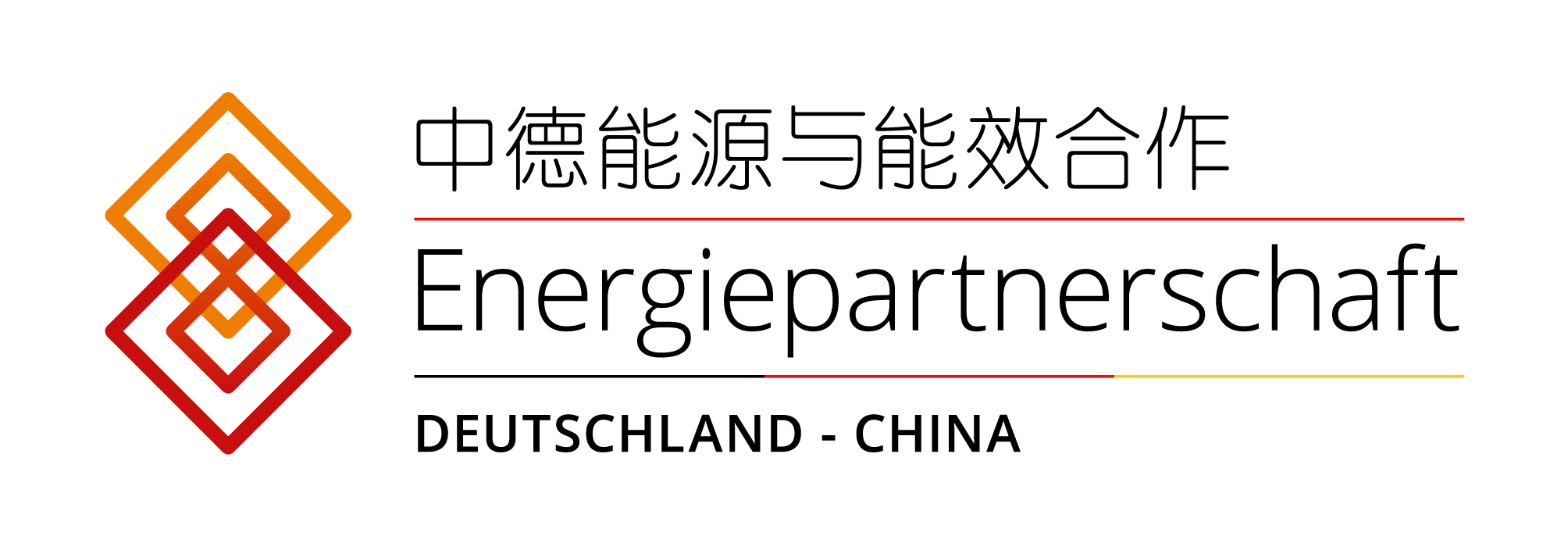Background and objective
“Energy Efficiency Network” (EEN) as a proven instrument of German energy efficiency policy is making an important contribution towards improving energy efficiency in industry, trade, and commerce. ENNs connect energy service companies (ESCOs), local municipalities and energy consumers such as producing companies and real estate firms. The network of experts in EEN can identify potentials for energy saving and implement energy efficiency projects effectively.
In Germany, more than 300 energy efficiency networks with over 2700 companies have been newly founded since the start of “Energy Efficiency Initiative” in 2014. Until 2020, energy efficiency networks have collectively reduced CO2 emissions by almost 5 million tons. The monitoring shows that energy efficiency networks save on average 11,700 tons CO2 per year and exceed their self-imposed targets by 111%.
As agreed by the National Development and Reform Commission (NDRC) of China and the German Federal Ministry for Economic Affairs and Climate Action (BMWK) during the 6th Sino-German Working Group meeting on energy efficiency, China and Germany will enhance their cooperation on promoting energy efficiency network in China by introducing German best practices. Deutsche Gesellschaft für Internationale Zusammenarbeit (GIZ) GmbH and China International Engineering Consulting Corporation (CIECC) are commissioned to support the implementation of EEN pilot as the German and Chinese implementing agencies respectively. The German EEN consultancy company Arqum will moderate the Sino-German Energy Efficiency and Climate Network in Taicang and provide technical advices while the German Energy Agency (dena) will provide further technical support.
The pilot aims to promote the exchange on energy saving and carbon emission reduction among enterprises by introducing the management and organization model of German EEN, and to support the establishment and operation of EEN in THIDZ and summarize the results and experiences as replicable references to showcase that EEN can be an innovative energy service instrument for energy saving in China. This shall effectively contribute to the national climate goal of CO2 peaking and CO2 neutrality in China.
Project approach
Following planned activities based on bilateral interests will contribute to reaching the pilot objectives:
-
Improving energy efficiency with expert input
An expert consortium will visit the participating energy-intensive companies every year to identify energy efficiency potentials as well as investment opportunities to leverage economic advantages, energy saving and emission reduction.
-
Introducing a CO2 emissions monitoring system
Through an IoT platform, the energy-intensive enterprises will monitor online the energy consumption by different sources such as electricity, coal and gas, and water. Carbon emissions are measured and analyzed to improve the management of enterprises’ carbon emissions.
-
Establishing the GHG accounting system
In accordance with the Greenhouse Gas Protocol (GHG), Taicang Industrial Development Zone will establish a GHG accounting system. The system will record direct (Scope 1) and indirect (Scope 2) carbon emissions. Furthermore, an expert group will also record and calculate emissions from enterprises in other indirect (Scope 3) sectors to ensure the achievement of carbon neutrality in the Taicang Industrial Development Zone. -
Improving the energy structure
Increasing investment in local photovoltaic and wind power plants will increase the share of green energy in the energy consumption of enterprises and reduce the CO2 emissions generated by enterprises. At the same time, discussions will be held with the park, enterprises and power companies to reduce emissions from further energy supply.
-
Facilitating exchanges through workshops
Three to four workshops are organised per year for the enterprises participating in the network in the Taicang Industrial Development Zone to raise awareness of energy efficiency and improve the energy management of the enterprises. Thematic focus include: Energy efficiency planning, self-generation and use of photovoltaics, air conditioning and refrigeration, etc..
Outputs
- Establish a CO2 emissions monitoring system for enterprises in THIDZ;
- The participating enterprises gain knowledge on data-based energy efficiency solutions;
- Reduce CO2 emissions of energy-intensive enterprises by 5% to 15%.
- Increase the share of renewable energies in the energy-intensive enterprises to a total of 20% of total energy consumption.
- Raise awareness on climate and improve corporate energy management, as well as define a standardised model for energy consumption management;
- Identify the approach for THIDZ to achieve CO2 peak as well as CO2 neutrality.
- Provide experience from the pilot EEN for replication in other industrial parks.












